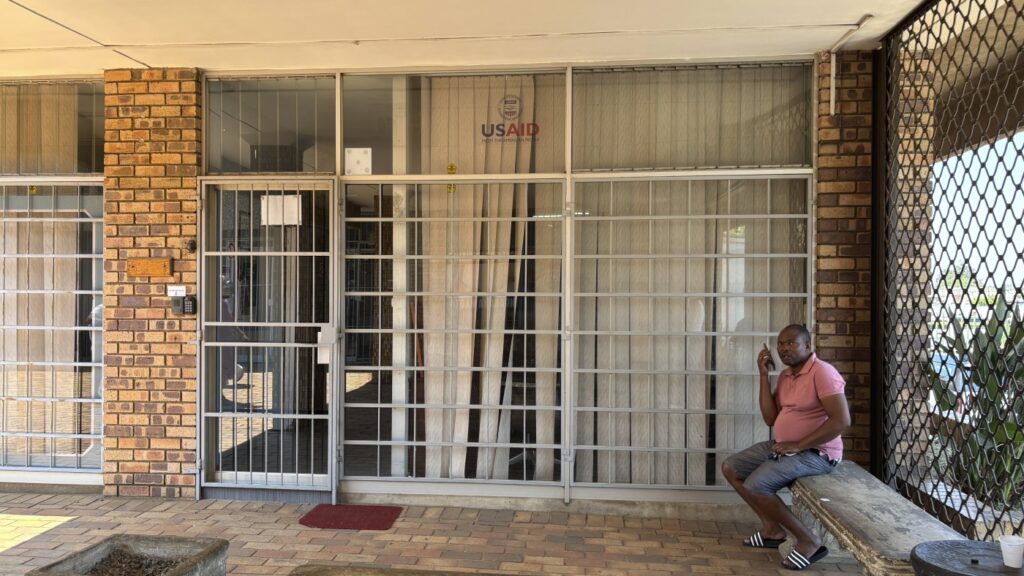The impact of President Donald Trump’s executive order freezing U.S. foreign aid is felt deeply in Africa, particularly in sub-Saharan regions where humanitarian assistance is crucial for projects like disease response and education. The sudden halt to aid has left organizations like Platform For Youth and Community Development in Zimbabwe scrambling to support their missions, such as preventing child marriages and promoting girls’ education.
One of the most successful aid programs affected is the President’s Emergency Plan for AIDS Relief (PEPFAR), credited with saving over 25 million lives, predominantly in Africa. South Africa, with a significant HIV population, faces uncertainty as PEPFAR funding is frozen, potentially jeopardizing life-saving treatments for millions.
Although exemptions for life-saving assistance have been announced, the lack of clarity on what qualifies has led to confusion and disruptions in crucial HIV programs. The uncertainty has forced facilities funded by PEPFAR to close temporarily, leaving HIV patients in South Africa without essential care.
With millions globally relying on PEPFAR-supported HIV treatment, delays in funding could have dire consequences, as even short interruptions in antiretroviral treatment can lead to viral load rebounds and increased health risks. The aid freeze has also impacted humanitarian efforts in conflict zones like Congo and Sudan, where life-saving support is at risk, exacerbating existing health crises.
The urgency for clarity and swift resolution in aid funding is paramount to prevent further harm to vulnerable populations and ensure the continuity of essential services in Africa and beyond.

